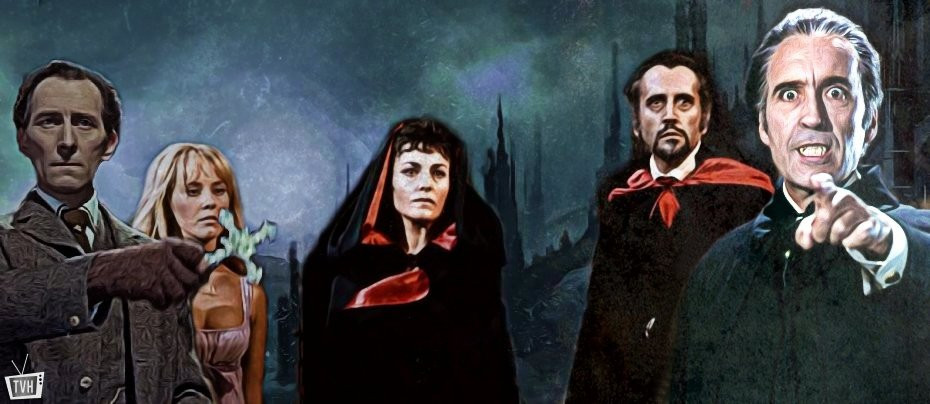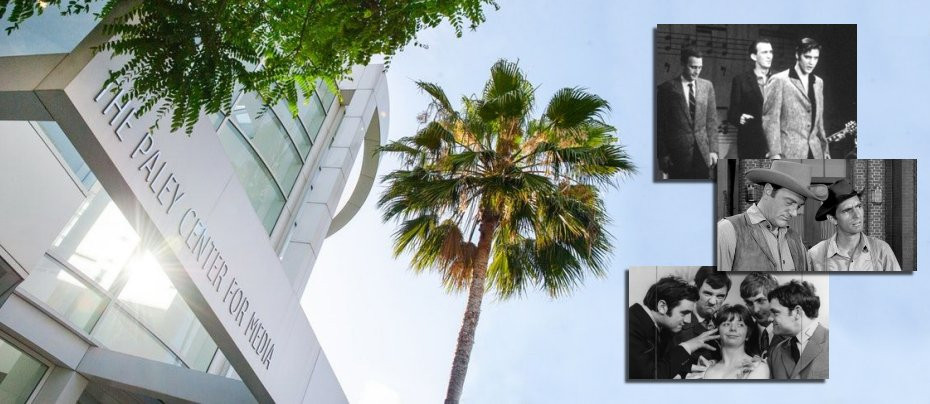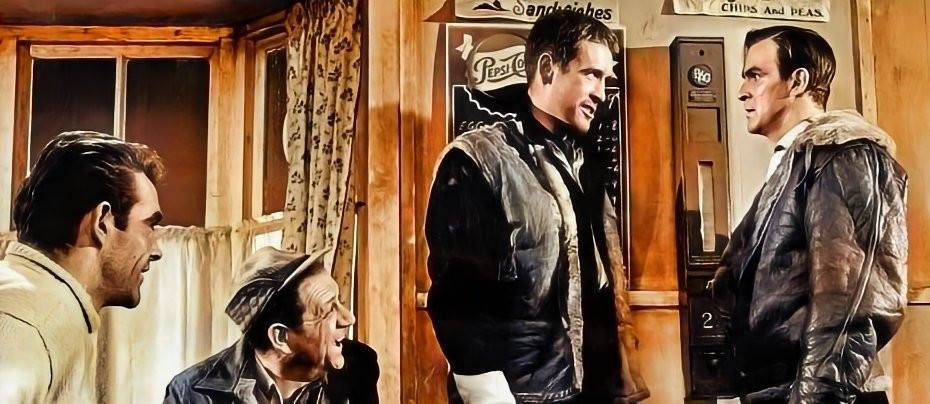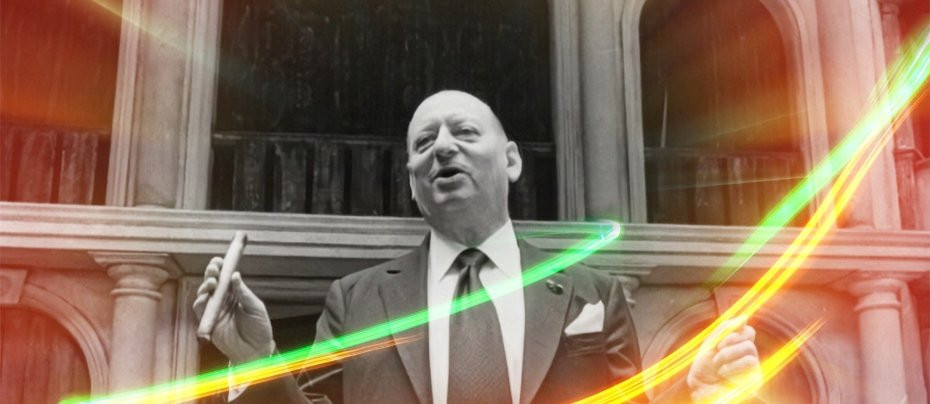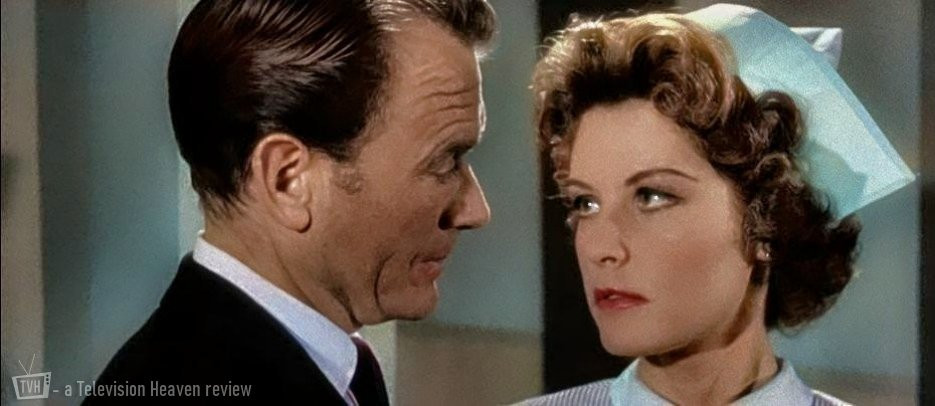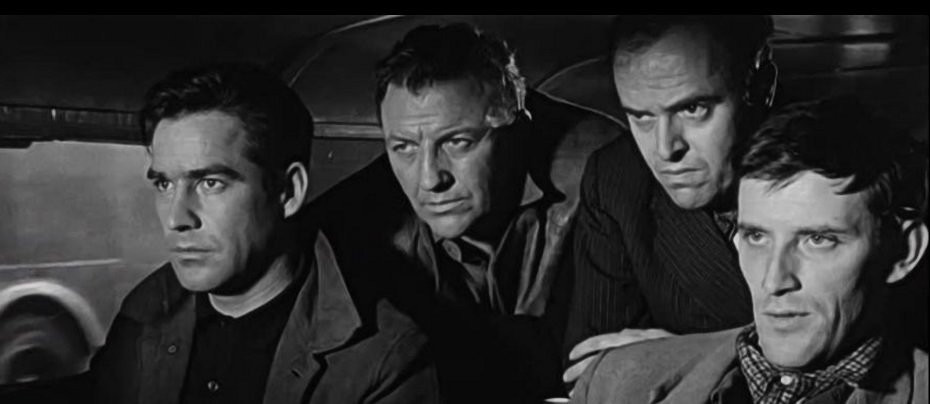
Payroll
When I switched on Payroll I was wondering how it was going to fill its nearly two hours’ running time. The film, also called I Promised to Pay, was made in 1961 (I am usually wary of films with more than one title, but this is an exception) and it uses its time wisely. Set in the mean streets of Newcastle-upon-Tyne, it tells of a wages snatch on an armoured car and then evolves into a cautionary tale of dishonour among thieves, adultery, deception, murder and all the other things we’re taught not to do at school.
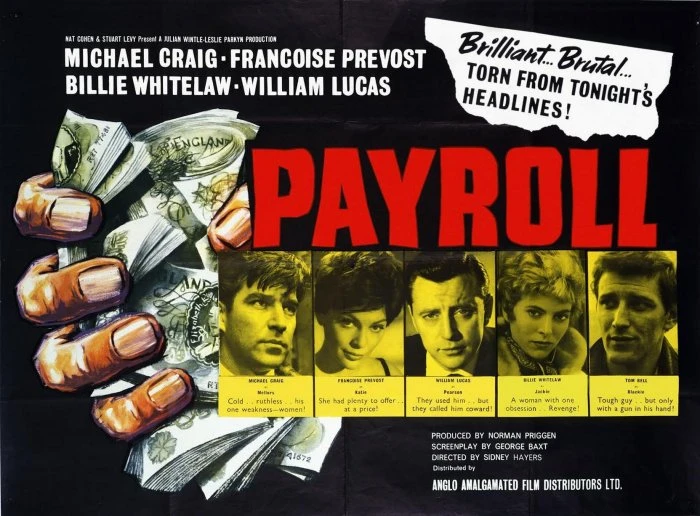
Not that it’s likely that the villainous gang of four, Johnny Mellors, Bert, Monty and Blackie, ever spent much time at school. They grab a haul of £50,000 which, according to Inspector Google, would be worth about £1 million in today’s money.
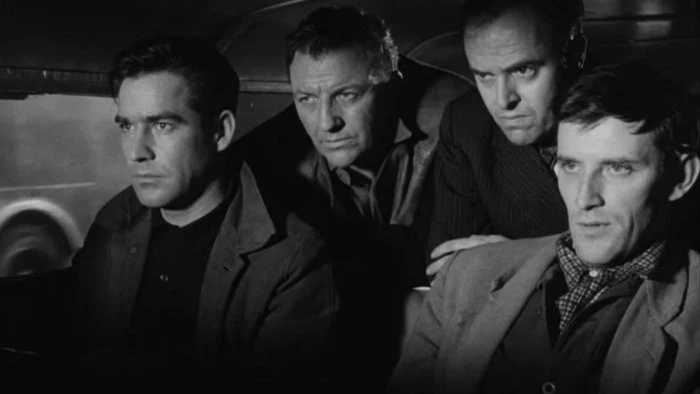
With shots of the Tyne Bridge and Grey’s Monument, the setting is recognisably Newcastle but you won’t hear a single Geordie accent. When Monty goes into a pub to drink away some of the stolen loot, it is filled with southern voices. You would have thought that a drinking house in down town Newcastle would have at least one Geordie in it, but no, Bill Travers (just about the only north-eastern born actor I can think of from this period) must have been busy that day.
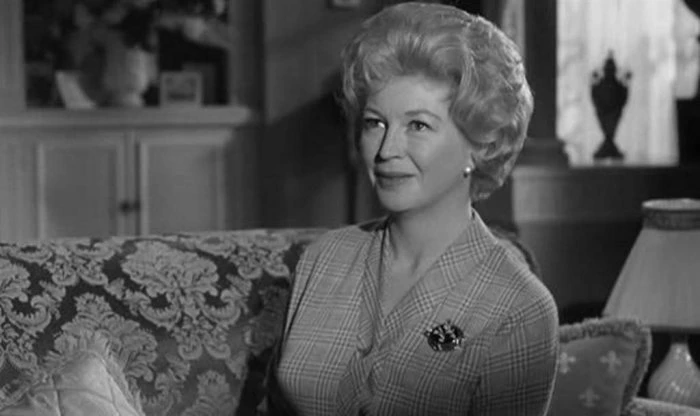
I’ll forgive them this once because I never like to be deprived of an opportunity to see the great Vanda Godsell in action. She plays a woman who is no better than she ought to be, propping up the bar and drinking Monty dry. She turned up again recently on Talking Pictures in an episode of The Scales of Justice made in 1962. In The Undesirable Neighbour, she plays a vengeful harpie out to slander her attractive neighbour for taking what she considers to be an overly-eager interest in men. We’ll never know if Vanda could have put on a decent Geordie accent.

Despite the film’s reluctance to let us hear the sounds of Newcastle in all its glory Tom Bell speaks in recognisably north-western tones as Blackie, a tough accomplice of gang leader Johnny Mellors. What a fine actor Tom Bell was. As here, he usually portrayed characters who were up for a fight but he played against type in the under-rated comedy series Hope It Rains in the early 1990s. By under-rated, of course, I mean that I thought it was quite good while most other people thought it was rubbish. Bell played the grumpy owner of a wax museum in a run-down seaside resort on whom his independent, jobless god-daughter descends. I don’t suppose it will ever be shown again but it’s one to catch if it is.
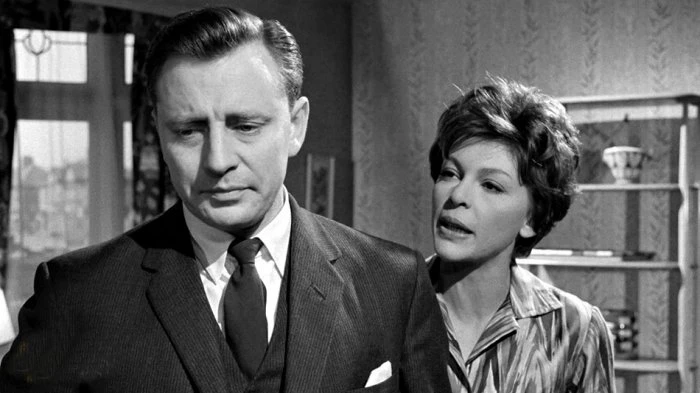
The gang wouldn’t have been able to carry out the robbery had it not been for inside assistance from one Dennis Pearson, a low-level executive who hands them copies of the plans of the armoured car. He does this in the hope of financially satisfying his grasping, unloving wife Kitty. Played by Françoise Prévost, she is a refugee from the ruins of Austria (though she sounds French to me) and is far too sultry and demanding for a meek, mild-mannered husband like Dennis. Despised by his wife, Dennis is a nervous man, prone to bouts of conscience about his part in the hold-up. He is ably played by William Lucas.
Viewers of a certain age will remember Lucas as Dr Gordon, the father of daughter Judi Bowker who morphed into Stacey Dorning (or was it the other way around?) in the Adventures of Black Beauty. If you remember Black Beauty you would have to have a heart of stone not to be humming the theme tune and picturing old BB herself as she gallops home in slow motion through stream and dale. I’ve just played it on that there YouTube. I couldn’t resist, it’s wonderful. The theme tune for Black Beauty was written by Denis King, former member of singing combo the King Brothers, whose white sport coat and pink carnation vibe would be rendered redundant by the musical changes of the 1960s.
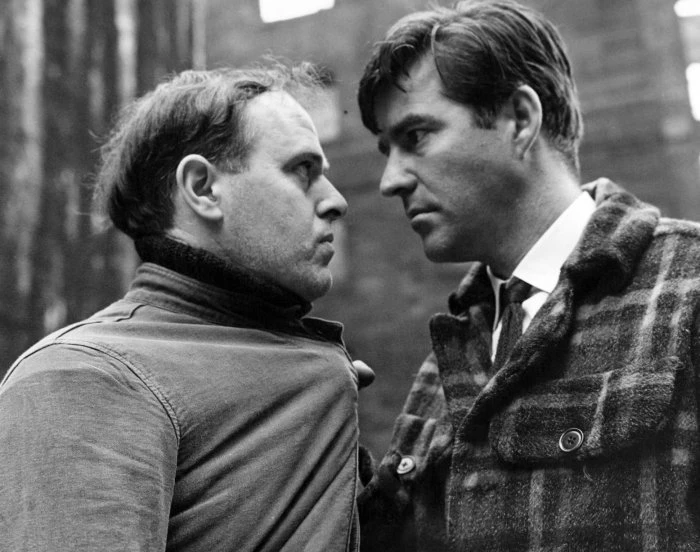
I love watching British films from the early 1960s because they show, as accurately as any documentary, a country on the verge of social change. It was a time just before that moment when young people looked at a picture of John Profumo in the newspapers and thought ‘If he can have himself a bit of fun, why can’t we?’
It is nostalgic to watch vehicles going both ways through city centre streets but, oh, those cars they’re driving are so last century. Pick of the bunch is the antiquated contraption driven by Dennis Pearson. He was obviously doing well for himself, though, because he had a car and a phone. We didn’t get a car until the long, hot summer of 1976. It was a second-hand K-registration Vauxhall Viva, in beige. As for the telephone, we didn’t get one of those until 1978. It was cream-coloured or, as my mam insisted on called it, ‘ivory’.
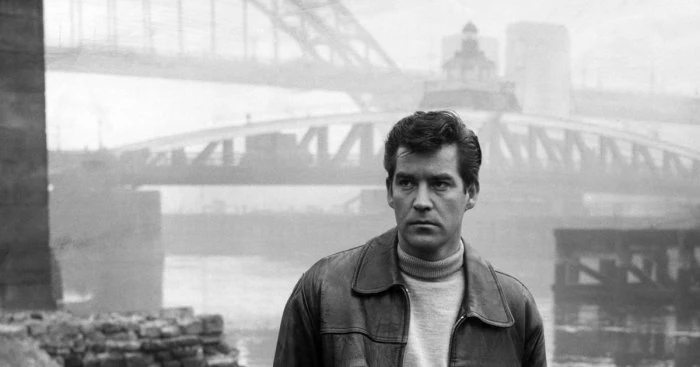
Pearson’s wife Kitty is on the lookout for someone to relight her fire and it’s obvious to anyone with eyes that Johnny Mellors has his CV ready and waiting. Mellors is played by Michael Craig and it’s strange watching him as a virile, dark-haired leading man. I remember him as a grey-haired gent in Triangle, BBC’s doomed attempt to put a bit of spice into the ferry route of Felixstowe to Gothenburg to Amsterdam and back again. The series didn’t last long because, despite Kate O’Mara’s valiant battle against goose pimples in that bathing scene, there are few things as unsexy as a North Sea ferry. Craig does a decent job of playing the lead villain although I don’t think he’s very convincing in his verbal tussles with Blackie. This viewer got the impression that Blackie could give him a ten-punch start and still bash the bejaysus out of him. It’s Blackie’s wiry strength you have to be wary of.

Bert, one of the gang, cops it at the end of a double-barrel shotgun when they break open the armoured car by ramming it with a heavy truck. Barry Keegan, the Irish actor who plays Bert, can also be seen in The Company of Fools, an episode of The Scales of Justice from 1966, filmed in gorgeous Eastmancolor. One of the most rewarding things about watching classic TV programmes is spotting famous TV faces before they were famous. This episode offers a generous double-whammy by featuring Frank Williams before he became the Vicar in Dad’s Army, and Garfield Morgan before he became Chief Inspector Haskins in The Sweeney.
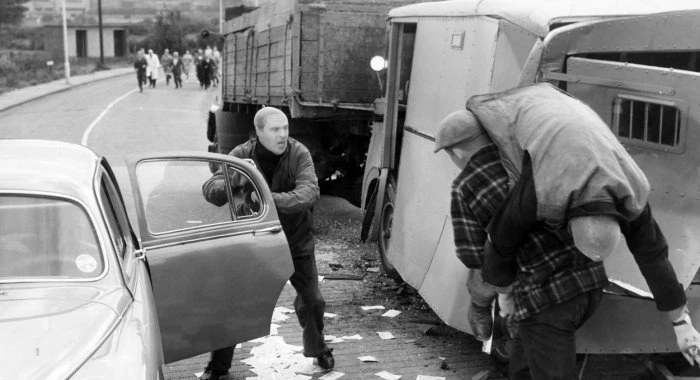
As the net closes in on the far from fab four, Blackie and Monty both end up being shot by Mellors and suffer the indignity of drowning in what looks like quicksand. One should always be careful of those hazardous swamps up Newcastle way.
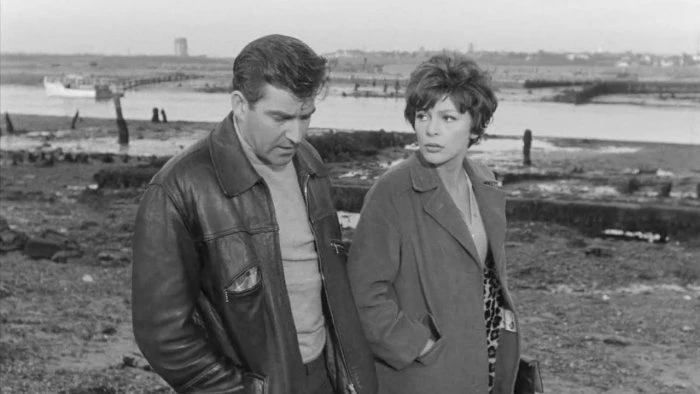
This leaves Mellors to run off with Kitty, down to Norfolk where he has hired a boat to take them and their suitcase full of money to the continent. That’s the thing about ill-gotten gains, there’s no sense of rightful ownership. Kitty drugs Mellors and runs off with the suitcase, only to find later on that crafty Mellors has replaced the loot with old papers and clothes. The scene in which she realises that she has been duped is probably the best one in the film. Why, she has no English words to convey how appalled she is at her lover’s betrayal, so she lapses into French.
The police don’t get a good rap in this film. They are portrayed as plodding investigators, content to wait until things fall into their collective lap. Thank God for Jackie Parker. Never mind Mellors having his hands full with his continental lover, his biggest mistake was getting on the wrong side of Mrs Jackie Parker, widow of the late Harry Parker, the driver of the armoured car killed in the raid.
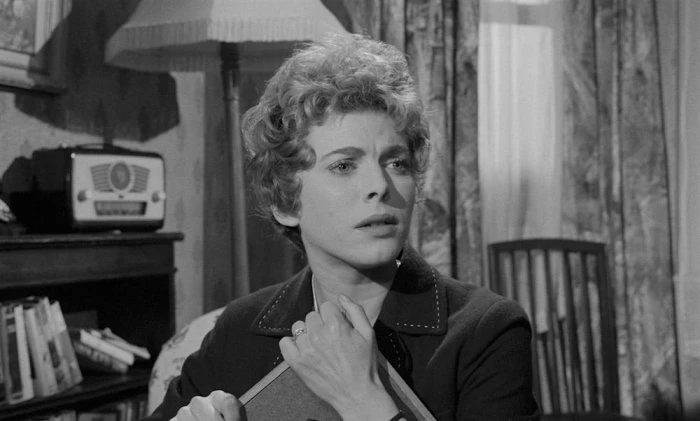
Before his demise, Mr Parker shares touching scenes with his wife and kids which act as a contrast to the loveless marriage shared by the Pearsons. Played by Billie Whitelaw, Jackie Parker soon realises that the quivering Dennis Pearson is the inside man and, instead of relying on the good old police, decides to mentally torture him by sending him threatening letters and letting him know that his wife is having an affair. It is a most wonderful thing to witness Mrs Parker, recently-widowed mother of two, disappear into a phone box only to re-emerge minutes later as Superwoman.
Once she has destroyed the marriage and sanity of Mr Pearson, she sets off in pursuit of Mellors, tracking him all the way to Norfolk. I must admit, I would never be able to rest easy knowing that Ma Kray is on my tail. Mellors probably thinks he can deal with her but, if the woman can handle Samuel Beckett, she would have no fear of a tuppenny-ha’penny villain like Mellors.

She catches up with him, gun in hand, on board his boat as he sets off towards the continent. The boat crashes into the river bank, jolting Mellors and the money into the water. Mellors is pulled underwater by the boat, never to be seen alive again. The police arrive just as everything is done and dusted. Move along, constable, nothing to see here.

It’s a bleak ending. The four villains are dead, Mr Pearson’s life is in ruins, Mrs Pearson is reduced to cursing in French and, saddest of all, Jackie Parker will never get her husband back. Despite this, I dare say that the resourceful Mrs Parker will rebuild her life and find herself a nice little job in a typing pool of a busy office somewhere on Tyneside. Although the 1960s were a time of change, for some, these changes occurred in small steps rather than giant leaps.
Published on December 1st, 2021. Written by Andrew Coby for Television Heaven.


